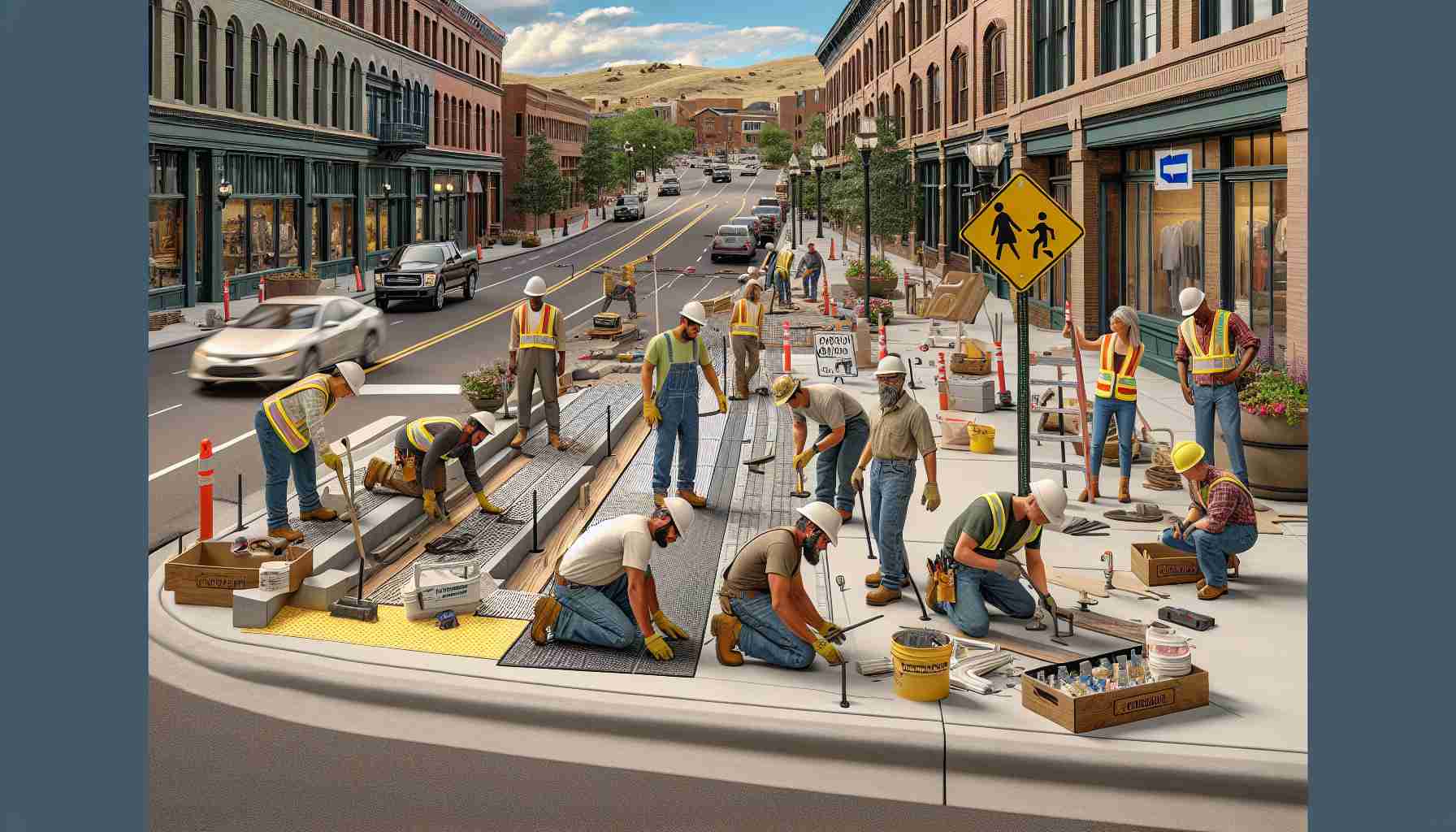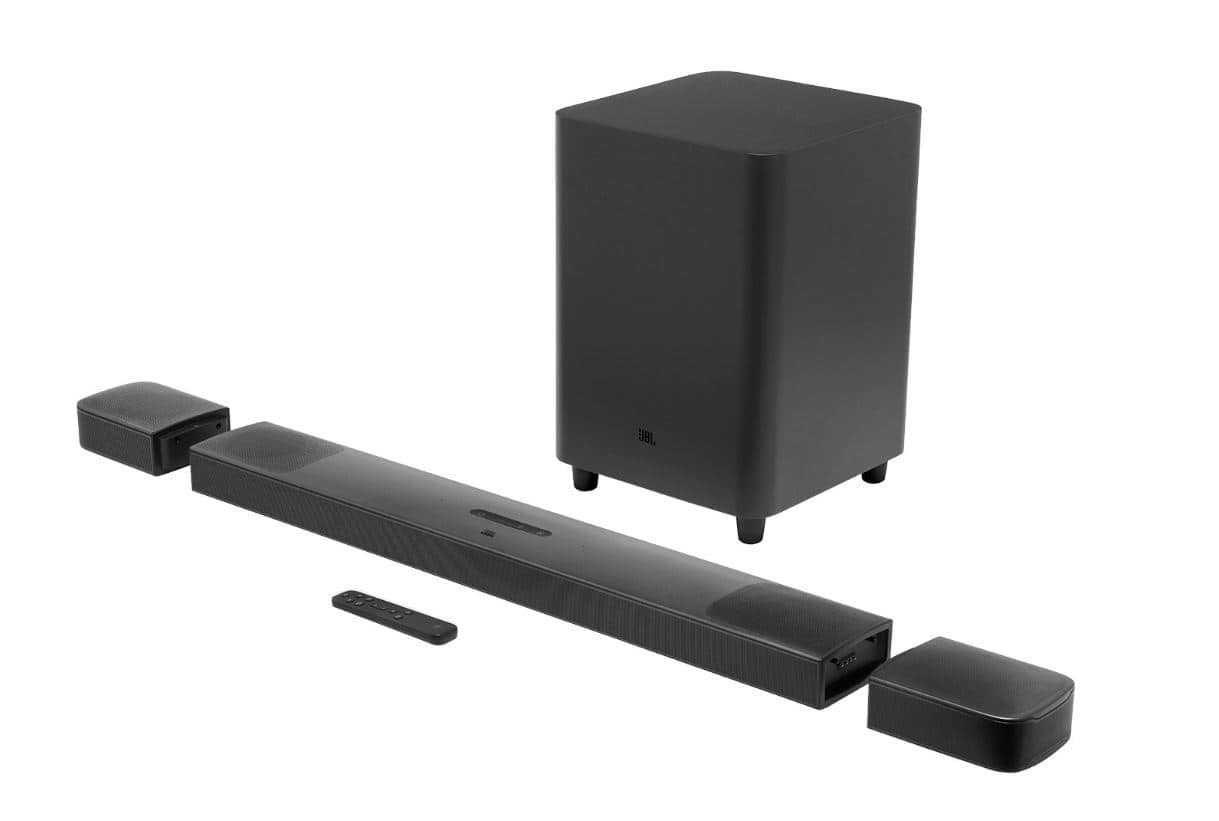The city of Fort Collins has made significant progress in addressing the issue of shared e-bikes and e-scooters blocking sidewalks, according to a recent report. In response to numerous complaints about improperly parked vehicles, the city conducted a study to assess the impact on sidewalk access for both the general public and people with disabilities.
The study, conducted in collaboration with FC Moves and a student in the Master of Public Health program at Colorado State University, examined over 500 parked Spin vehicles. It aimed to understand how riders left the vehicles and whether they were obstructing the paths of pedestrians.
The city made changes, including the creation of 14 parking boxes, and studied the parked vehicles again to evaluate the effectiveness of the modifications. The report highlighted the importance of unimpeded sidewalk access for people with disabilities, emphasizing that while an able-bodied person can navigate around a blocked sidewalk, a wheelchair user may not have enough space to maneuver.
Before the changes to city codes, personal e-bikes could park on streets and sidewalks, while shared bikes like Spin’s were restricted to designated parking areas. However, these areas were not widely available, leaving few legal parking options for shared bikes throughout the city.
To address this issue, the city adopted an ordinance governing bike, e-bike, and e-scooter parking, allowing them to park on the street, in designated parking boxes, and at bike racks. The goal is to discourage parking on sidewalks, while providing accessible and convenient parking options.
The study also revealed that many riders were unaware of where and how to properly park the vehicles. To educate riders, the city and Spin developed a quiz that incentivized parking in designated areas and encouraged parking on the street perpendicular to the curb to prevent the vehicles from falling over. Over 700 people took the quiz, and while the results were promising, the report acknowledged the need for continued education and awareness.
The city’s efforts, including adding more parking spaces, educating riders, imposing penalties, and encouraging reporting of improper parking, resulted in a 12% reduction in vehicles creating barriers for able-bodied pedestrians. However, the impact on people with disabilities was not as substantial, indicating the need for further data collection and analysis.
Moving forward, the city plans to install additional bike and scooter boxes, particularly around the CSU campus, to provide more designated parking options. The goal is to strike a balance between the convenience and accessibility of shared e-bikes and e-scooters while ensuring that pedestrians, especially those with disabilities, can navigate the sidewalks safely.
Anyone can report improperly parked Spin e-bikes and e-scooters by contacting the Spin team directly or through the Access Fort Collins platform. The city encourages community involvement in maintaining sidewalk accessibility and promoting responsible parking practices.
To learn more about shared e-bikes and e-scooters in Fort Collins, visit the city’s official website.
The shared e-bike and e-scooter industry has been rapidly growing in recent years, providing an eco-friendly transportation option for many cities. According to market forecasts, the global shared e-bike and e-scooter market is expected to reach a value of $41.98 billion by 2027, with a compound annual growth rate (CAGR) of 8.5% from 2020 to 2027. This indicates a high demand for these shared micro-mobility solutions.
However, as the popularity of shared e-bikes and e-scooters increases, so do the challenges associated with their operation and parking. Improperly parked vehicles have become a common issue, causing concerns about sidewalk obstruction and accessibility for pedestrians.
Fort Collins, like many other cities, has been addressing this issue to ensure safe and convenient sidewalk access for everyone. The recent study conducted by the city in collaboration with FC Moves and a student from Colorado State University highlighted the impact of improperly parked shared e-bikes and e-scooters on sidewalk accessibility, particularly for people with disabilities.
To tackle the issue, the city made changes to its codes, allowing shared e-bikes and e-scooters to park on the street, in designated parking boxes, and at bike racks. This provides convenient parking options while discouraging parking on sidewalks. The creation of 14 parking boxes and additional bike and scooter boxes in the future aims to further address the lack of designated parking spaces.
However, the study revealed that many riders were unaware of proper parking rules. To educate riders, the city and Spin developed a quiz, incentivizing parking in designated areas and providing information on how to park safely. Continued education and awareness efforts are essential to ensure responsible parking practices among riders.
The city’s efforts to address the issue have resulted in a 12% reduction in vehicles obstructing the sidewalks for able-bodied pedestrians. However, the impact on people with disabilities has been less significant, indicating the need for further data collection and analysis. This highlights the importance of considering accessibility for people with disabilities when implementing regulations and making changes to parking policies.
In conclusion, while shared e-bikes and e-scooters offer a sustainable transportation option, proper parking practices are crucial to ensure sidewalk accessibility. Fort Collins’ initiatives, including changes to city codes, education campaigns, and the addition of parking spaces, have shown promising results in addressing this issue. However, continued efforts and community involvement are necessary to maintain sidewalk accessibility and promote responsible parking practices.
To learn more about shared e-bikes and e-scooters in Fort Collins and stay updated on the city’s efforts, you can visit the city’s official website






















